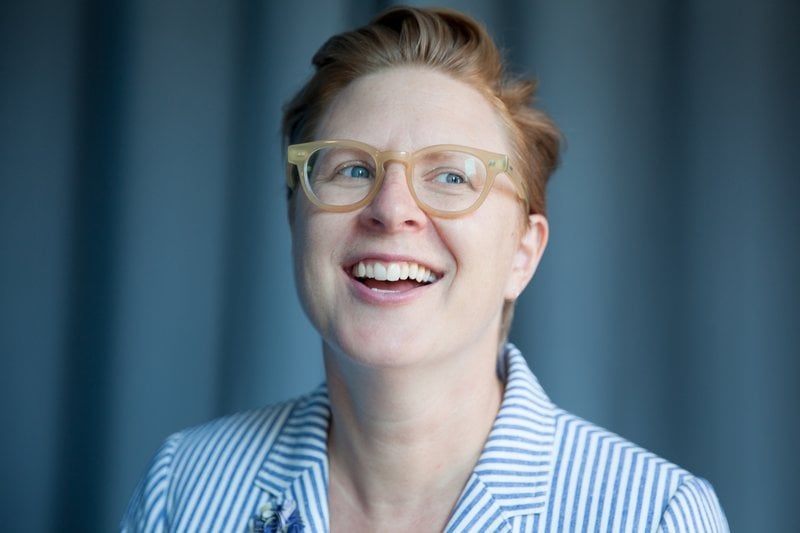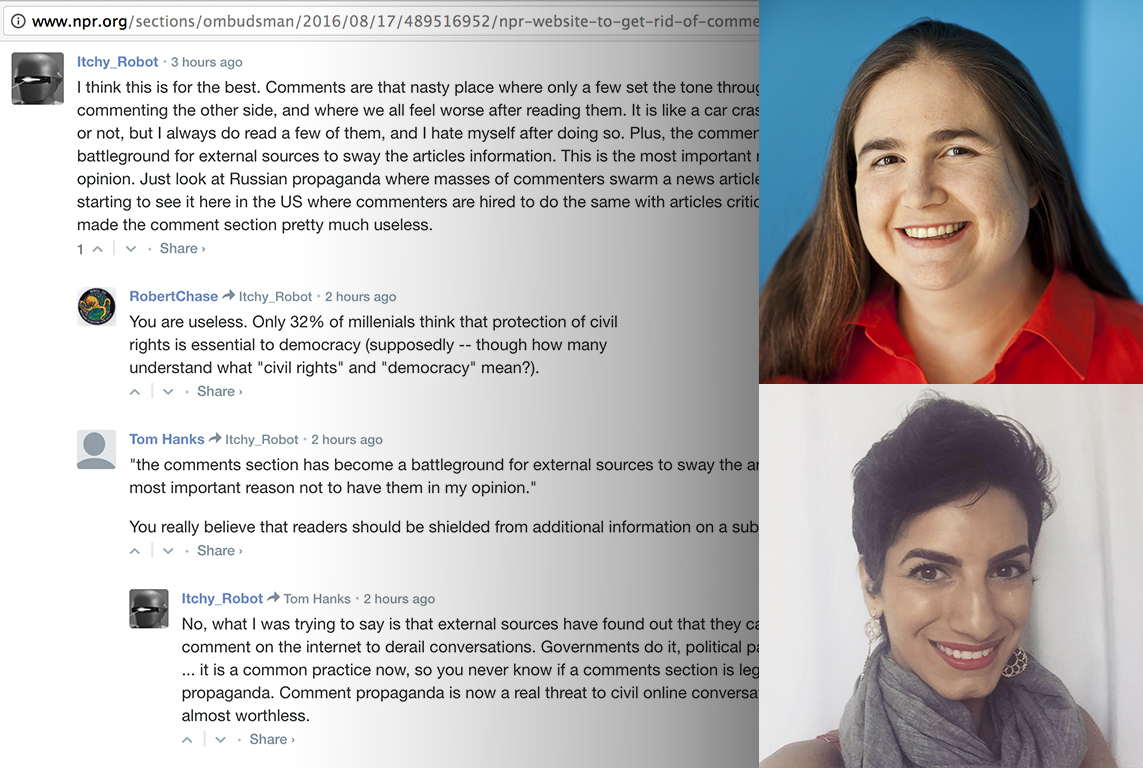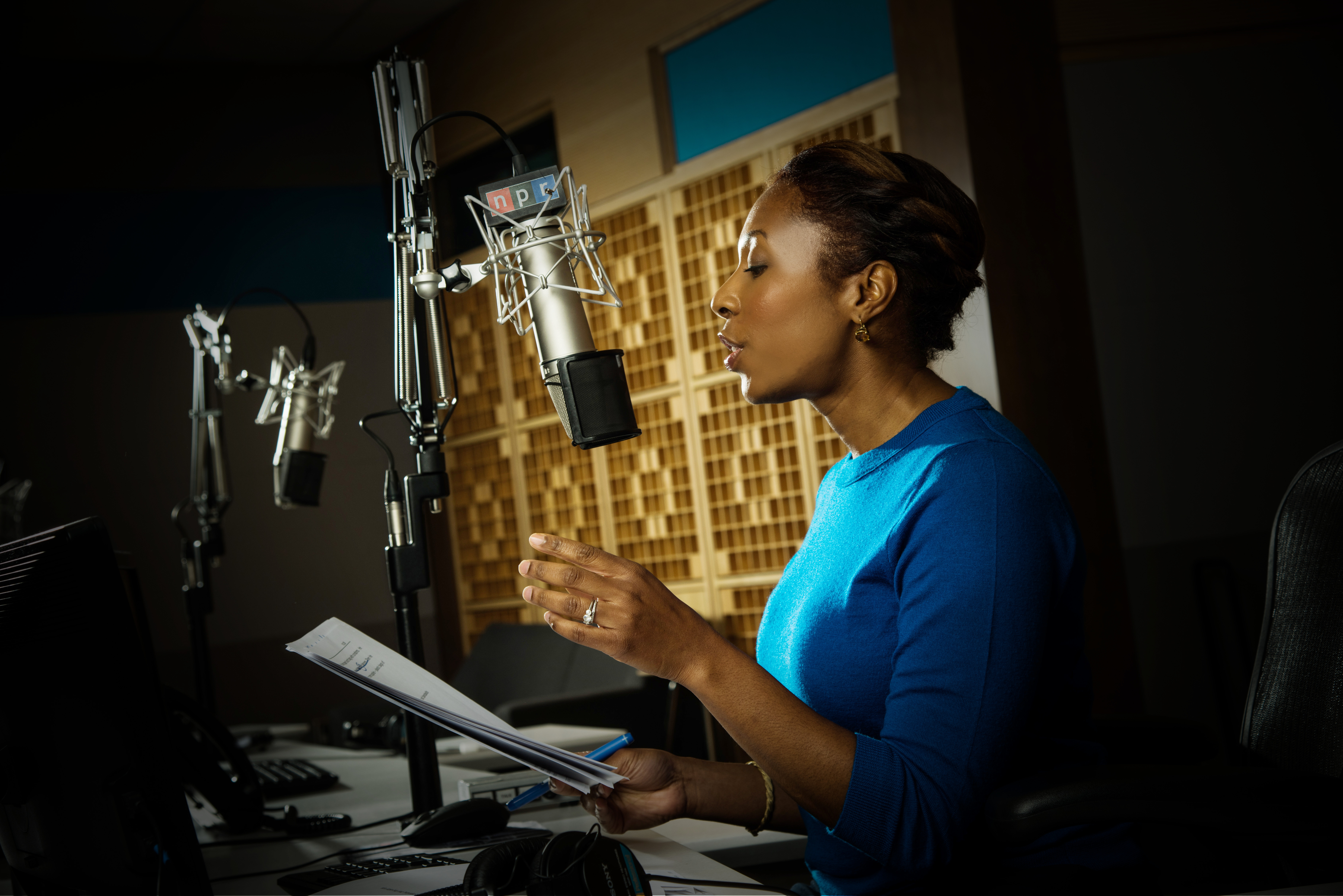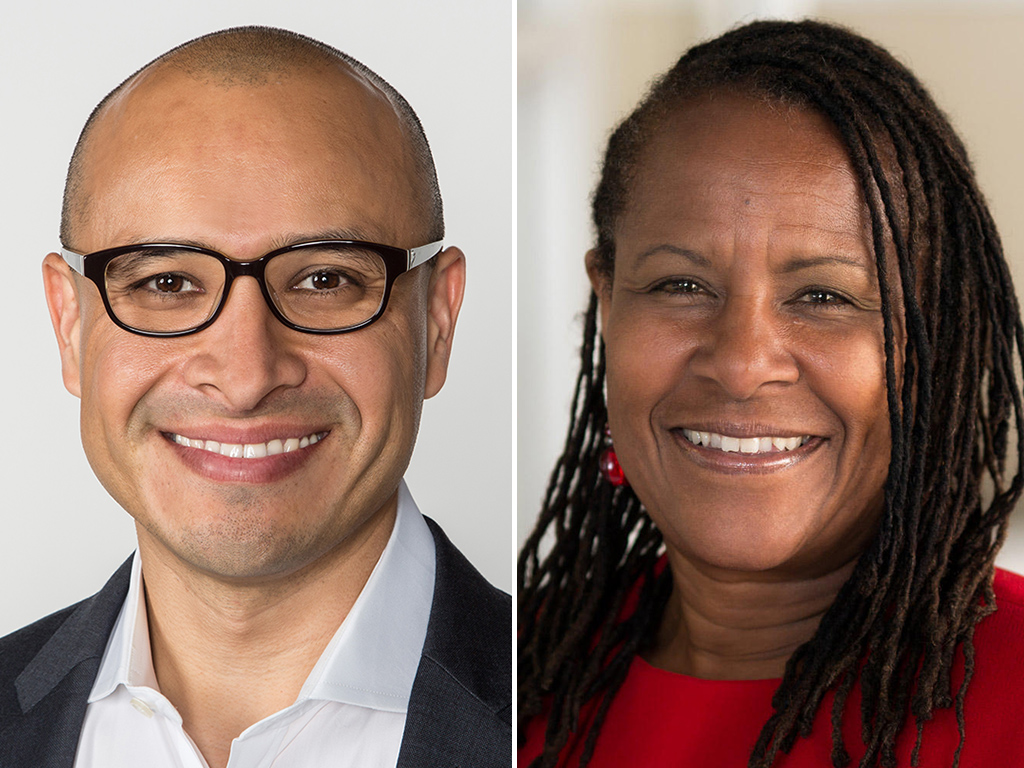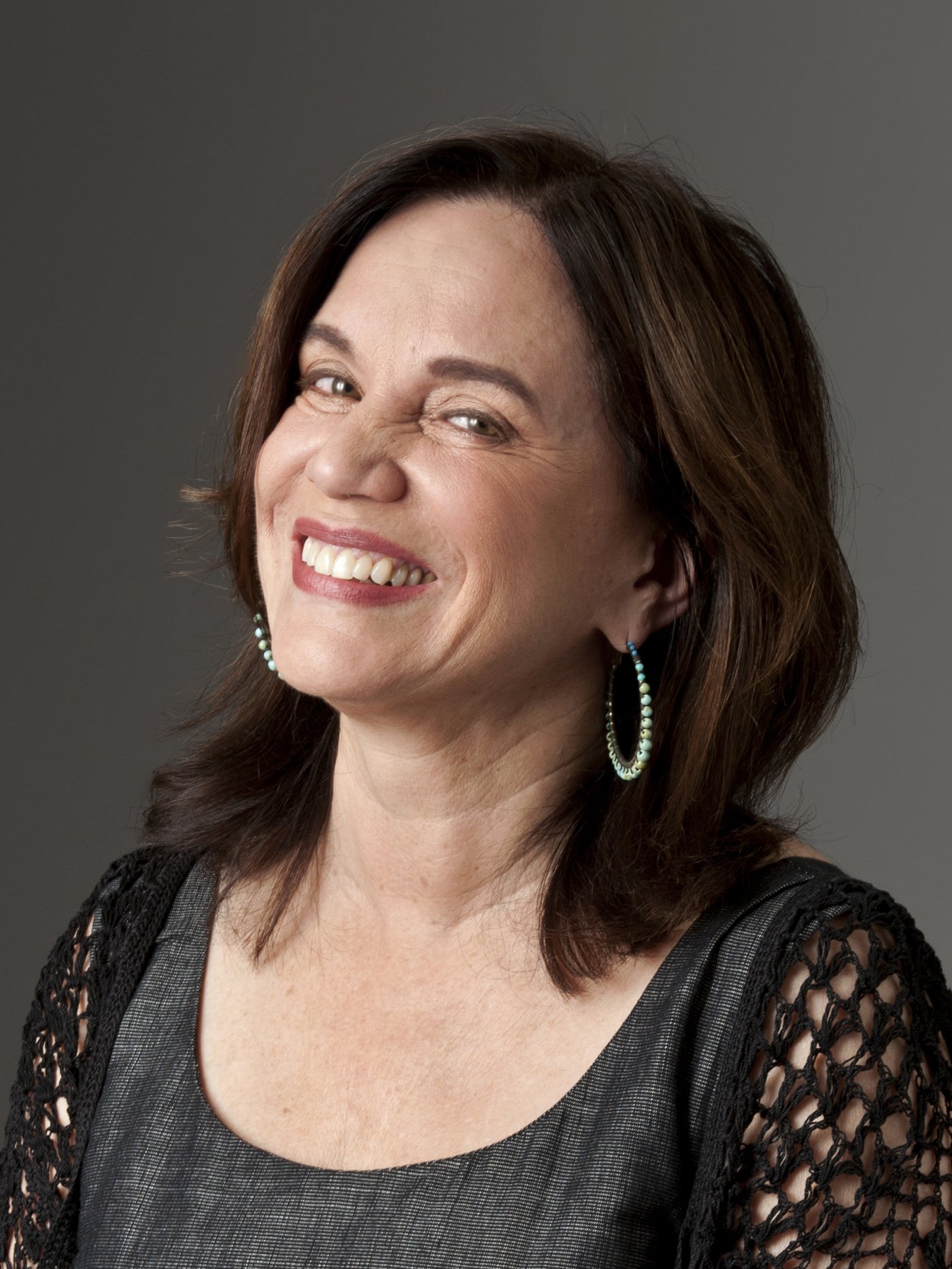Tag: NPR
NPR’s Wade Goodwyn on his best work and fighting for his voice
The reporter’s distinctive storytelling and Southern drawl win him praise from listeners and colleagues.WAMU’s ‘broadcast about podcasts’ gets NPR distribution
The deal begins Oct. 6.Outlook for podcasting includes growing profits, better user experience
Podcast-focused executives share predictions for the medium’s future.NPR to debut new interview podcast
“How I Built This” will feature Raz interviewing founders of successful brands and companies.‘The Pub’ #74: NPR ditches online comments — should you?
Can comments work, or are time and money better spent on other forms of engagement?NPR to end website comments
All comments will be removed from NPR.org Tuesday.Seven leaders elected, re-elected to NPR board
Two are newcomers to the board.NPR, stations credit audience gains to range of factors
Election news, network and station efforts, and a change in Nielsen technology could all be contributing.‘The Pub’ #72: Andrea Seabrook comes back to public radio
Seabrook argues that the real American political spectrum isn’t liberal–conservative, but insider–outsider.Convention coverage decision irks viewers and listeners
Many wanted to see Sen. Cory Booker's speech in its entirety.NPR’s ‘Best of Car Talk’ will end in September 2017
The show will continue as a podcast with leaner production and may still air on some stations.‘The Pub’ #71: Lessons from KUOW’s abortive purchase of KPLU
Other stations can learn from KPLU’s shockingly successful bid for independence.NPR will shift to Triton Digital for stations’ audio streaming
Stations had “high levels of frustration” with the reliability of the current provider.Focus on sources’ race won’t be enough to close public radio’s diversity deficit
“If we in public radio are to live up to the ‘public’ part of our mission, we’ll have to change more than ...Renee Montagne to sign off ‘Morning Edition’ after election
She will stay at NPR as a special correspondent.



